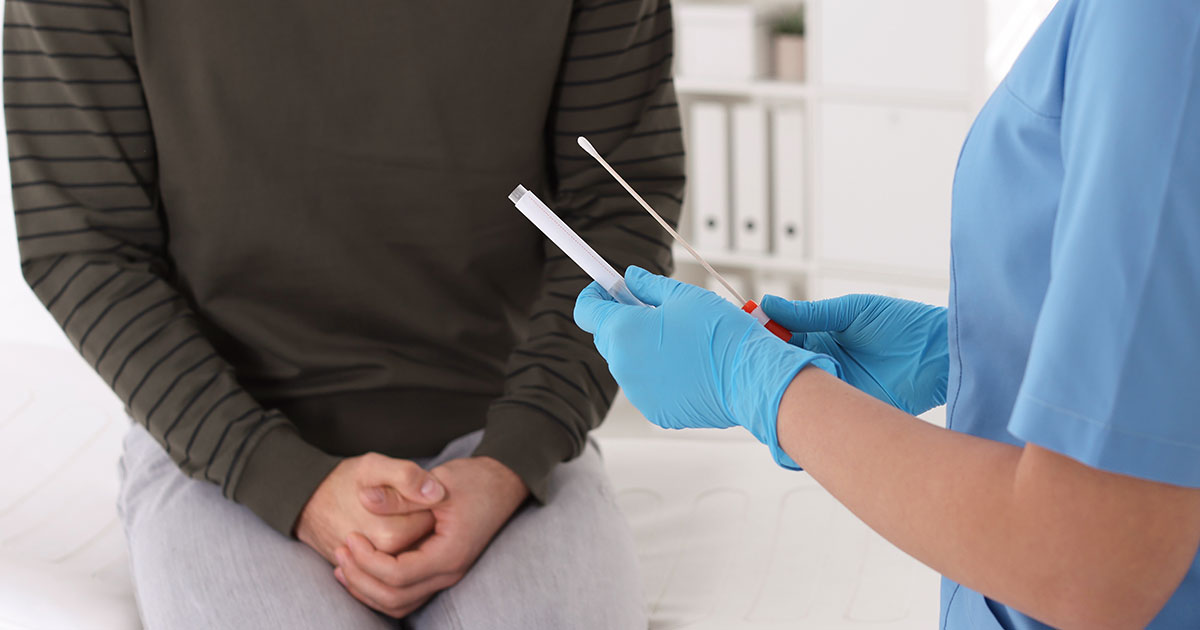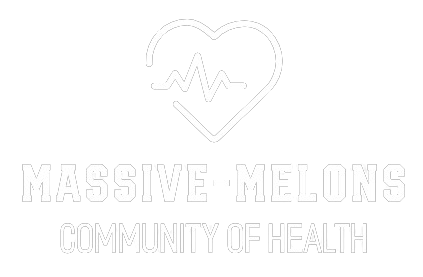Tag: healthcare services
Empower Your Health: A Guide to Male STD Screening and Prevention
Sexually transmitted infections (STDs), which affect many people every year, remain a major general health issue. Understanding STD Check Up screening and prevention is crucial for both men’s personal health and the health of their relationships. This book seeks to equip men with the knowledge expected to control their sexual lives.
Understanding STD
STDs are infections. These can be found in bacteria, diseases, or parasites. The most commonly known sexually transmitted diseases (STDs) likely include chlamydia, gonorrhea, syphilis, and the human immunodeficiency virus (HIV). Some STDs may not cause any symptoms, but if left untreated, they can cause major medical problems. The most crucial step toward avoidance is knowledge of these risks.
The Value of Frequent Imaging
All sexually active males, particularly those with several partners, should routinely screen for STDs. Many STDs might be asymptomatic; hence, people might not know they are contaminated. Regular visits help to identify diseases early on, thereby enabling perfect treatment and lowering the risk of transmission to other individuals. Based on personal risk factors, the Communities for Disease Control and Prevention (CDC) advises sexually active males to get examined at least once annually, perhaps all the more often now and then.

Screening Rules
Men who are sexually active should be checked periodically, especially if they have different partners or practice unprotected intercourse. Chlamydia and gonorrhea are common diseases.
- Syphilis: For sexually active guys, particularly those at higher risk—that is, those who have sex with men—this should be tried yearly.
- HIV: Men should get at least one annual try-through. Those with high risk should be checked, especially now and again.
- Different STDs: Depending on way of life and chance elements, more tests could be required.
Methods of Prevention
- Preventing STDs calls for a number of approaches:
- Condoms should be used steadily and appropriately to greatly reduce the risk of spreading STDs.
- Reducing the number of sexual partners helps to lower the risk of becoming honest to STDs.
- Open talks about sexual health with partners help to create a safer sexual environment.
Get vaccinated; several STD Check Up, including human papillomavirus (HPV), hepatitis A and B, and some others, have vaccines available. Discuss with your healthcare provider your vaccine decisions.
Maintaining sexual health depends on you empowering yourself with knowledge on STD screening and prevention. Preventive actions and regular screenings protect you as well as contribute to the general development of your neighborhood. Plan a screening and engage in safe sex to start now on your health. Your health counts; hence, wise decisions are the most crucial step towards a better future.

















